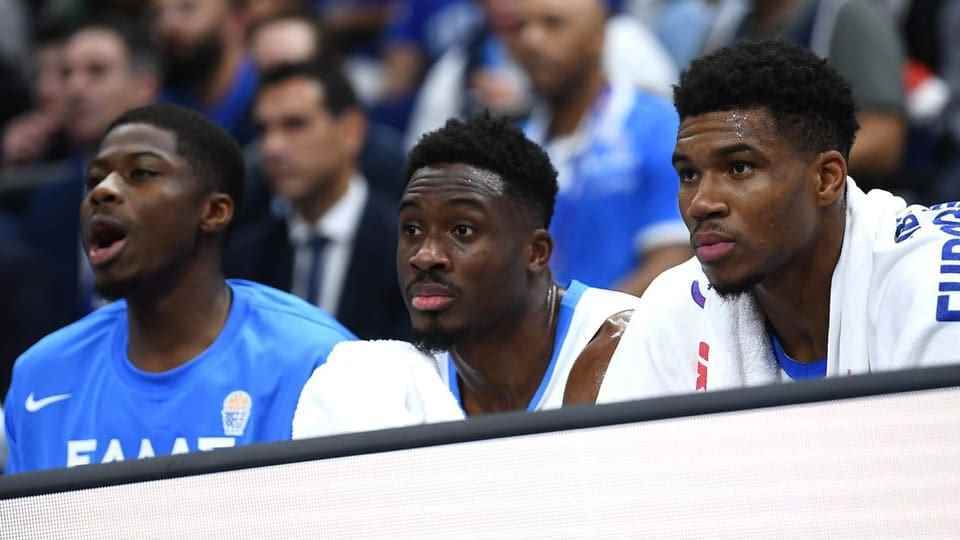contents
Success stories like that of the Antetokounmpo brothers are rare in Greece. Also because many people whose parents have immigrated have to fight for acceptance.
Few Greeks are as famous as Giannis Antetokounmpo. The 27-year-old is considered one of the best basketball players in the world. Athens pensioner Babis is also enthusiastic. Antetokounmpo is currently the number one topic for him and his friend Kostas. «The man is not only good. He’s a star. If Giannis has the ball, he throws it in the basket and scores. It’s that simple. I haven’t missed a game yet.”
Adetokounmpo’s brothers, Thanassis and Kostas, are also professional basketball players and part of the Greek team. The pensioners are not interested in their Nigerian origins. ‘Giannis was born in Greece. And Kostas and Thanassis too. So they are Greeks,” says Kostas. But not everyone sees it that way. As Giannis a picture with his brothers in the jersey of the Greek national team, it triggered a smear campaign on Twitter from users who do not accept the three as full-fledged Greeks because of their looks.
No figures on migration backgrounds
Nikos Odubitan from the non-governmental organization “Generation 2.0” is hardly surprising. The organization campaigns for the rights of the second generation of immigrants, offers free legal advice and Greek lessons. How many people in the country have a migration background is not recorded, says Nikos.
His organization estimates the number at several 100,000. Nevertheless, there is no integration policy for people with foreign roots.
Legend:
Giannis Antetokounmpo also plays in the American NBA. With his two brothers he leads the Greek national team from one victory to the next.
Reuters//Annegret Hilse
“No government has been sincere enough to face the truth and say: There are these people who have come from other countries, they live here and belong to Greek society,” says Nikos. “When migrants are mentioned, it is always only as a problem, never as part of Greek society or as a solution to the problem of population decline, for example.”
Rapid naturalization for professional athletes
Since 2015, children of foreign parents who are born in Greece have had the opportunity to apply for Greek citizenship if they have attended a Greek school for six years. But the process is slow. He himself has been waiting for naturalization for four years, says Nikos from “Generation 2.0”.
Giannis Antetokounmpo, on the other hand, was naturalized as early as 2013 by the then conservative Prime Minister Andonis Samaras. Ironically, by the government, which was against giving Greek citizenship to migrant children. That was done “so that he wouldn’t go to the United States as a Nigerian – to call the problem by its name,” says Nikos about the case.

Legend:
Kostas, Thanassis and Giannis Antetokounmpo (from left) on the bench during a match.
Reuters/Annegret Hilse
Neither Giannis’ parents nor he or his brothers had papers until then, like many other children with a history of immigration. “But it should be a matter of course. Every child who was born here and wants to become Greek should have this right,” emphasizes Nikos.
The Athens pensioners Babis and Kostas know nothing about the difficulties that immigrant children have in Greece, they say. They will continue to watch the games on TV and hope that their team will win thanks to Giannis Antetokounmpo.
